It is a common belief in the industry that nine women can deliver a baby in one month. This is often a misleading approach. After all, not every project can be assigned to several translators without prejudice to quality, especially if freelancers (external translators) the agency works with have been arbitrarily selected, and thus have little knowledge of the field and are not involved in close internal cooperation. In this model of cooperation, it is difficult for the agency to verify compliance with the procedures, and they cannot expect professional data security.
That is why, sine the very beginning of our operation, we have chosen to take a completely different approach. We rely on long-term cooperation with proven translators, often on an exclusive basis. Once the order details have been agreed upon, our dedicated team of translators and editors gets the green light to immerse in the texts and work on the translation as long as necessary. After each chapter, the translation is handed over for verification, and then for editing by a person having the target language as their mother tongue (native speaker). We also exercise the utmost care to adapt the citations and references as prescribed by a scientific publisher.
With the “work in stages” strategy, we can correct any errors that might occur on an ongoing basis, provide the translators with any comments, and reduce the project execution time.
Once this part of the project has been finished, we engage a “fresh pair of eyes,” a specialist who sees the text for the first time, to assess whether the text is clear and easy to read. This is the final stage, and only now can we send back the text to the client, e.g. to the project team at the research centre or directly to the editorial team at the publishing house, ready to accept any feedback from them. Once the work is approved, we prepare an index based on the template provided by the publisher, and conduct the final proofreading. This is an extremely laborious but important stage. The final proofreading takes place only after the text has been typeset by the publisher to eliminate any typesetting errors before printing.
With the experience gained over the years and the refinement of every stage of the process, we are proud to say that the publications we have worked on have been positively evaluated and published by reputable academic publishers in Poland and abroad, such as Routledge. Another university with whom we have the pleasure of working on further publications has joined the group of our satisfied clients.
If you are looking for a reliable partner who can provide professional support in the translation of research papers, you are in the right place. We look forward to working with you on your success.


